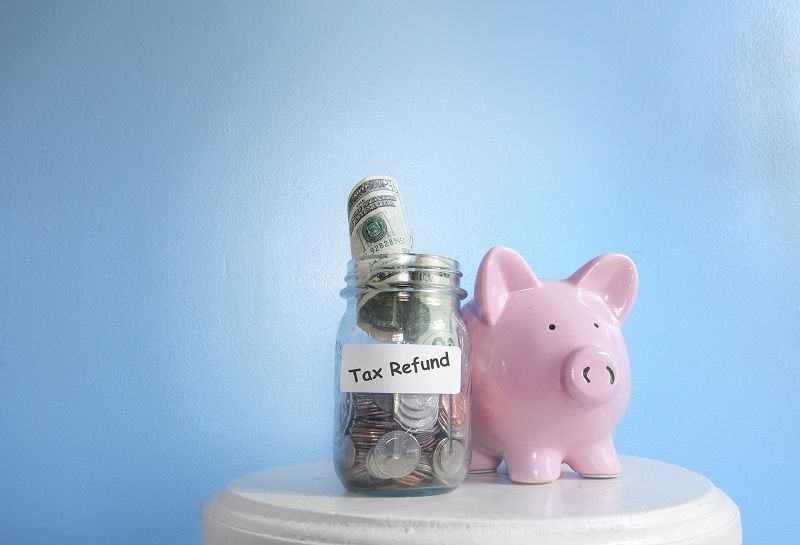
Summary
Oregon state revenues are now projected to be $1 billion short of paying for existing services in the next biennial budget, and the economic downturn is putting pressure on all levels of government. The State Legislature will be faced with the challenge of satisfying unlimited demands with limited resources. Smart Spending, rather than new taxes, will be one step on the path out of our current crisis.
Word count: 496
This is not a good time to be a state legislator. In Oregon, state revenues are now projected to be $1 billion short of paying for existing services in the next biennial budget. At the same time, the economic downturn is putting pressure on all levels of government to hand out help to households and businesses.
The governor has pitched a package of gas and tobacco tax increases to fund road and rail projects as the state’s own “stimulus” package. Other proposals include a tax on private health insurance and hospitals to fund public health insurance and a tax on real estate transactions to fund affordable housing.
Finding places to spend money is easy. Finding funding is more difficult. Too often policymakers take a “tax it because we can” approach to funding. This approach forgets that every dollar of spending gain comes at the expense of taxpayer pain. As Oregon households and businesses see their incomes shrink over the next year or so, state and local governments will be challenged to explain to taxpayers why they should open their wallets wider for more taxes.
By adopting principles of “Smart Spending” the incoming Legislature can fund valuable services and calm taxpayer jitters. The principles of this concept allow for increased spending—even in a recession. However, Smart Spending puts a burden on policymakers to evaluate critically benefits against burdens.
Current proposals to increase transportation funding rely on increased gas and tobacco taxes. At the same time, Oregon has set ambitious goals to reduce gasoline and tobacco consumption. Such contradictory policies, taken together, are fiscally unsustainable.
On the other hand, if new road and rail projects truly are needed, then roadway users and rail passengers should be willing to pay for such improvements. Properly implemented mileage-based user fees can fund construction, reduce congestion and diminish emissions. Transportation revenue would rise in line with road use, ensuring adequate funds for road maintenance and expansion. Because better roads boost economic productivity, the benefits to all Oregonians would exceed the individual costs of user fees—an important principle of Smart Spending.
Another principle asks whether more money will produce better outcomes: How much bang will Oregonians get for taxpayer bucks? In a series of studies for Cascade Policy Institute, Randall Pozdena and I found that after accounting for differences in income and demographics, Oregon’s state and local government spending is among the highest in the country. Spending on K-12 education and on police and corrections are especially high relative to comparable states.
In the wake of a record high K-12 budget last legislative session, the Chalkboard Project observed that “money alone is not the answer” and that legislators need to “connect the dots” between spending and achievement. A Smart Spending approach connects the dots between expenditures and results.
Looking forward for the next biennium, the Legislature will be faced with the age-old challenge of satisfying unlimited demands with limited resources. Smart Spending, rather than new taxes, will be one step on the path out of our current crisis.
Attention editors and producers:
Cascade Commentaries are provided for reprint in newspapers and other publications, with credit given to author(s) and Cascade. Contact Cascade to arrange print or broadcast interviews on this commentary topic.
Electronic text files are available online at www.cascadepolicy.org.
Please contact:
Nancy Wheaton
Cascade Policy Institute
4850 SW Scholls Ferry Rd.
Suite 103
Portland, Oregon 97225
Phone: (503) 242-0900
Fax: (503) 242-3822
www.cascadepolicy.org
info@cascadepolicy.org
Cascade Policy Institute is a tax-exempt educational organization as defined under IRS code 501(c)(3). Nothing appearing in this Cascade Commentary is to be construed as necessarily representing the views of Cascade or its donors, or as an attempt to aid or hinder the passage of any bill before any legislative body. The views expressed herein are the author’s own.











